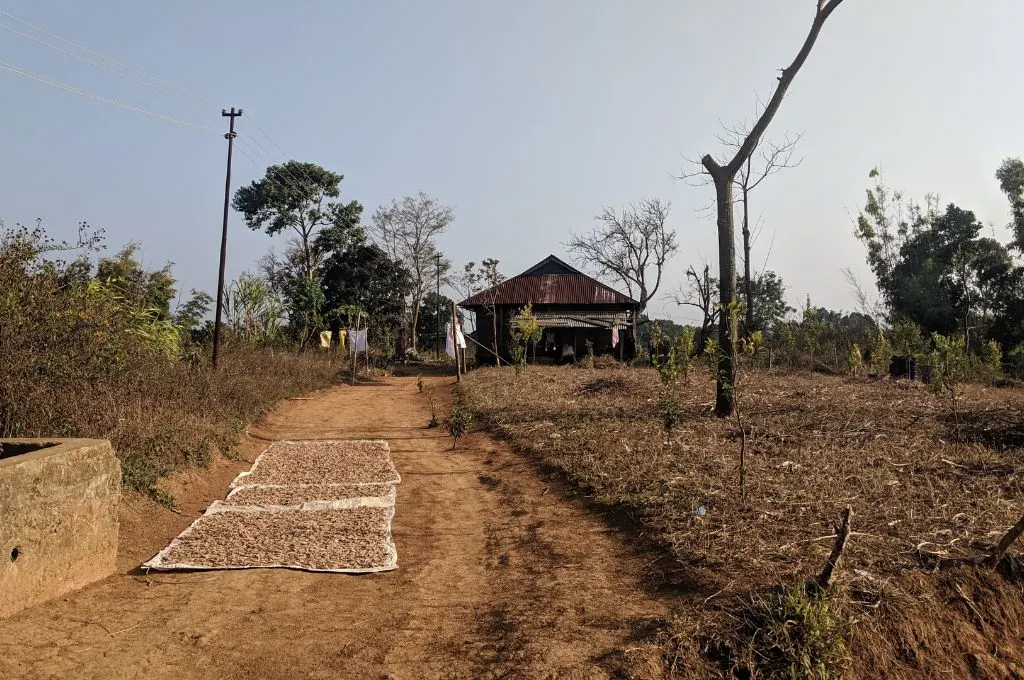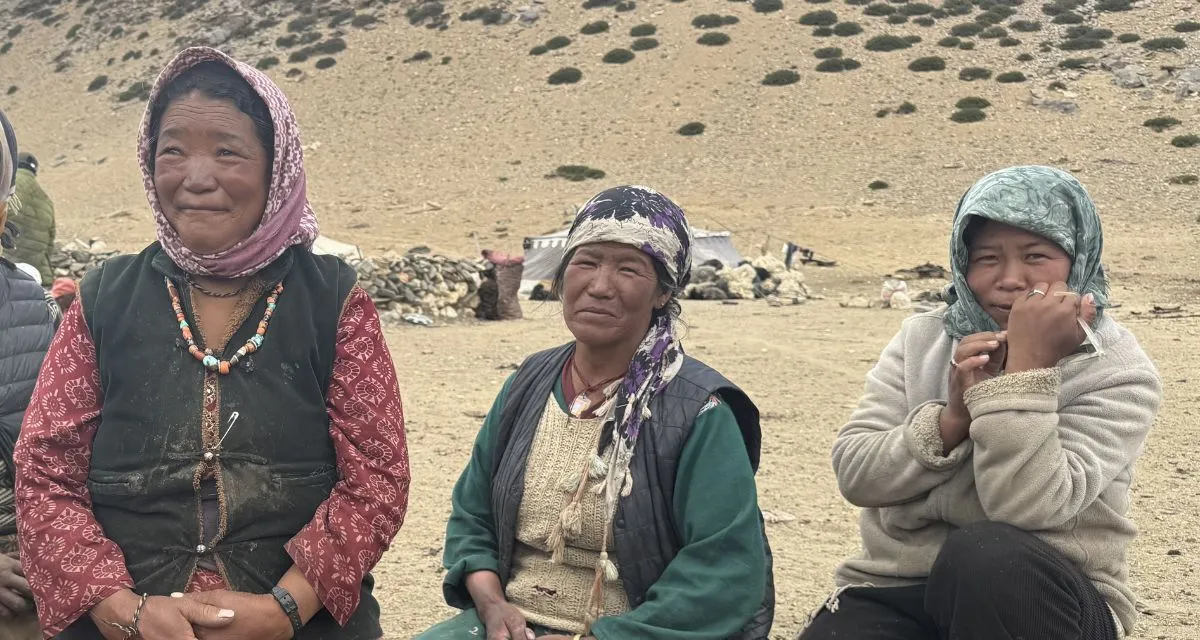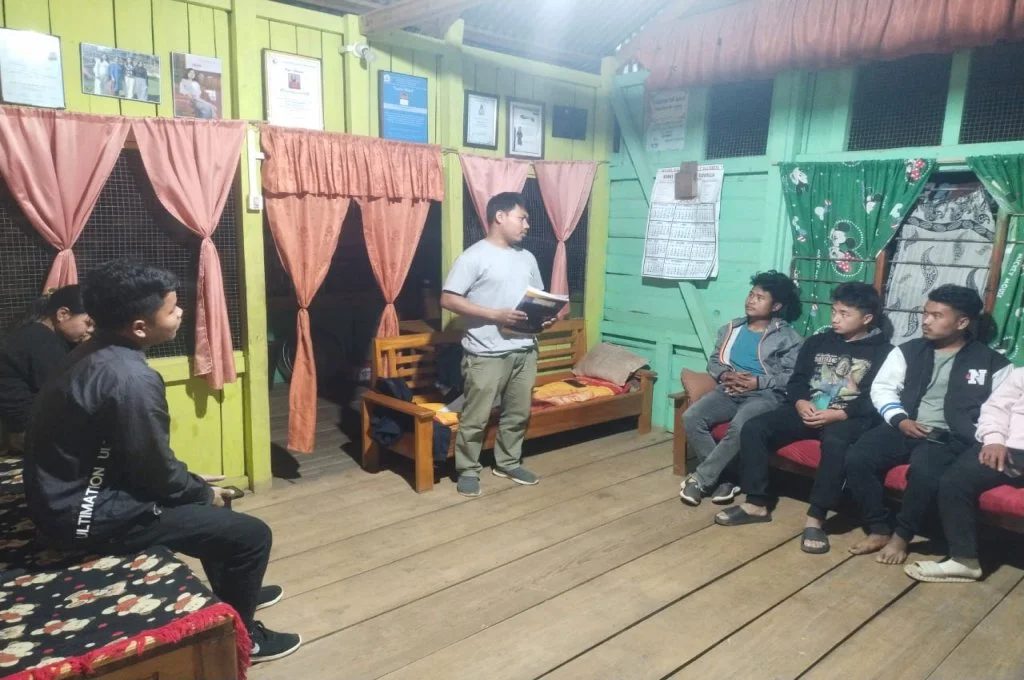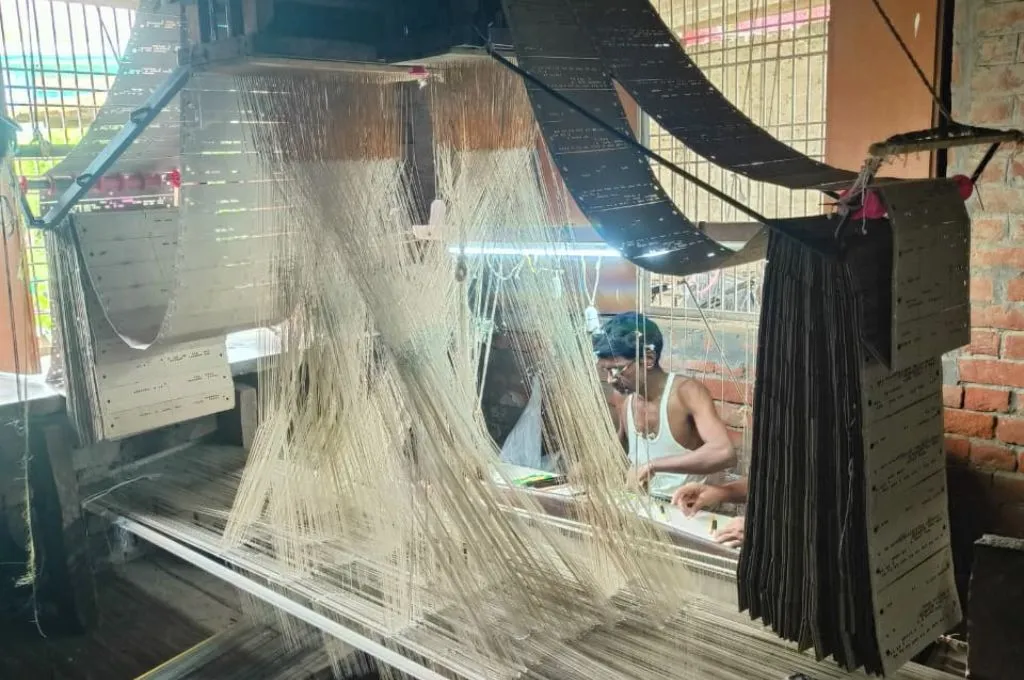READ THIS ARTICLE IN
Between forests and fields: Baigas search for identity and livelihood
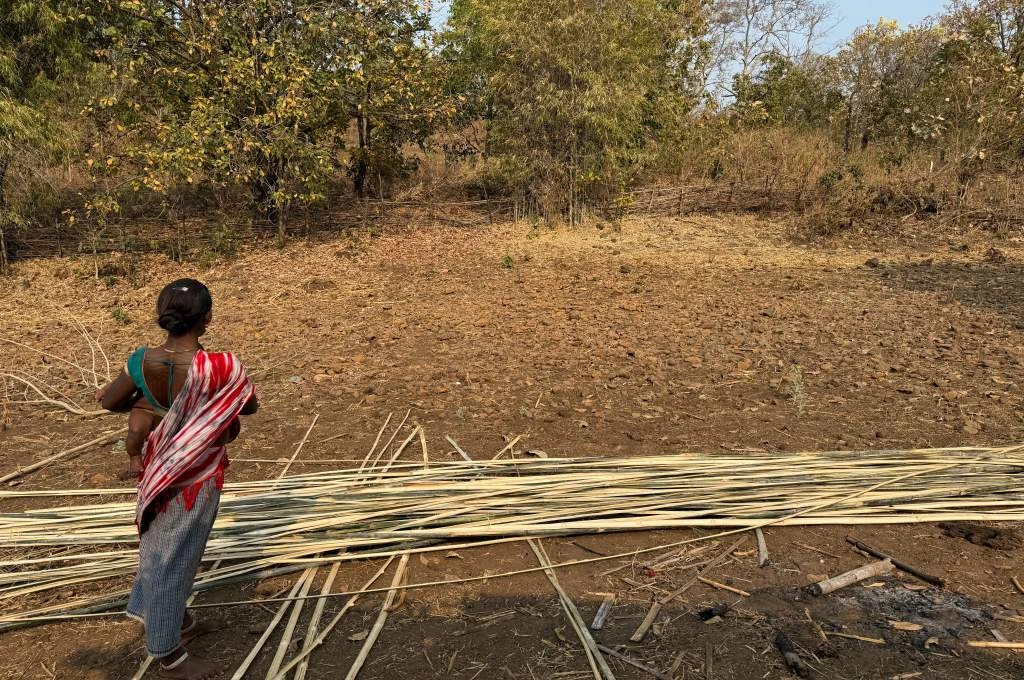
The hilly terrain of the Maikal range bordering Madhya Pradesh and Chhattisgarh is home to the Baiga community, one of India’s Particularly Vulnerable Tribal Groups (PVTGs). The community once had unrestricted access to the forests, which sustained their lives and livelihoods.
The Baigas trace their roots to the heartland of central India, particularly to Baiga Chak in the Dindori district of Madhya Pradesh. However, many families left the region during British rule, when colonial policies confined them to a cluster of villages and imposed restrictions on their access to the forest. Some families migrated to the princely state of Kawardha, settling in the hills of the Maikal range where they reside today.
However, the Baigas are facing a renewed threat to their way of life. Depleting forest resources and restrictions on forest access, especially curbs on bewar (shifting cultivation), and lack of market and medical support for livestock have severely impacted their livelihoods, forcing the community to engage in manual wage labour.

I visited the villages part of the Maikal range in Kabirdham district, and held individual interactions as well as focus group discussions with the villagers. Before entering the Maikal range, I also spoke with nonprofit personnel and farmers from nearby villages. During a few of these conversations, I heard remarks about the Baigas being ‘lazy’ or ‘inattentive’ workers.
This is a common local narrative, which often results in members from the Baiga community being paid lower wages compared to workers from other communities, be it in the sugarcane fields or for daily labour in the paddy fields of neighbouring landholding communities, where the Baigas typically earn only INR 150–200 per day. “The other labourers involved in sugarcane harvesting earn more, especially those who come from Uttar Pradesh and Bihar,” said Heera Dewaria* from the Baiga community in Baghmara village.
Another community member, Sheru Baiga*, from Kandhavani village said, “We work as wage labourers on the lands of the Gonds and other caste groups, who own irrigated land near the nala (rivulet). The Baigas don’t have such land, so we end up working on theirs as labourers. The wage rate is much higher in the plains, but here we only get this much.”
Tihar Lal Dhurve* from Baghmara laments the erosion of the community’s traditional, forest-based identity and their dependence on wage labour. “We love staying in the forest and making our living here. But the forest does not provide enough [due to depleting resources]. We have to take up wage labour, even though we don’t like it.”
Sanmat Bai*, a Baiga woman from the same village, lives with her 11-year-old niece Laili* who had to drop out of school because they had to earn money. There was no one else in the family who could cultivate land or gather forest produce.

“I am getting older and I’m no longer fit for wage labour. This year, Laili went to harvest sugarcane for the first time with the other villagers, and earned INR 10,000 over a period of two months. This income is essential for the two of us to sustain ourselves through the year,” said Sanmat.
During the sugarcane harvest, several people from the Baiga households of Baghmara and neighbouring villages have to migrate temporarily, living in makeshift shelters made out of polythene for months at a time. They cut cane from dawn to dusk and typically earn up to INR 300 per day.
“When leaving our villages for work, we take some rice with us. However, once it runs out, we have to buy rice at INR 30 per kg. As a result, we are able to save very little to bring back home,” said Sachpal Marawi*, explaining how families survive when they migrate.
For the Baiga people, then, the shift to daily wage labour is tied to a sense of loss of the forest—both as a source of livelihood as well as identity—and discontentment with having to rely on low-paid wage labour that is performed under harsh conditions, while being away from home, and that is barely enough for survival.
*Names changed to maintain confidentiality.
Dibyendu Chaudhuri works in the Research and Knowledge Management unit at PRADAN.
—
Know more: Learn how Adivasi communities in Jharkhand come together to keep their traditions alive.
Do more: Connect with the author at dibyendu@pradan.net to learn more about and support his work.

